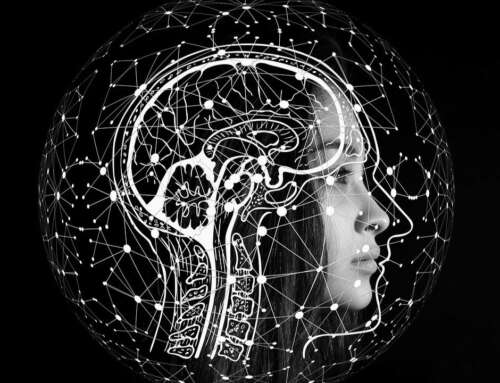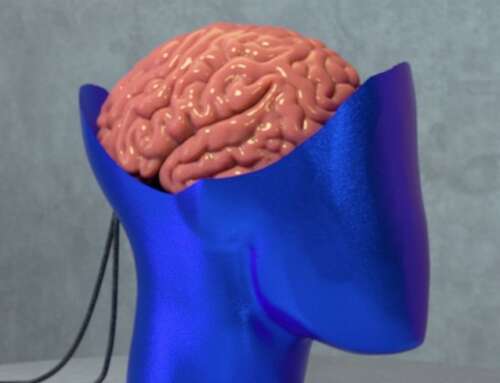When are we most likely to do our best work?
New research shows that, on average, our brains work best in the middle of the day – if asked to perform abstract, logical or problem-solving tasks.
Monash economist Denni Tommasi and University of Granada economist Alessio Gaggero came to this conclusion after studying 500,000 exam paper results in the UK over a five-year period. The exams were scheduled at 9am, 1.30pm and 4.30pm.
“We discovered a regularity that we couldn’t explain by simple economic reasoning,” Dr Tommasi says. The exam result study suggested the cognitive peak happened in the middle of the day – on average, STEM students performed best in the 1.30pm exam.
The economists were surprised. They were looking to understand university exam performance, and turned up a result that they were unable to explain. So they talked to psychologists who specialise in circadian rhythms – chronobiologists – for their insights.
Chronobiologists study why some of us are morning people, while others are night-owls. They give advice about how to maximise our working day, by understanding our natural circadian rhythm, or inner biological clock. The advantage conferred by the 1.30 exam was strongest in January (the European winter), when the circadian clock starts later.
Benefit for STEM students
Dr Tommasi says the exam’s timing gave STEM students an average 5% advantage – not enough to turn a bad student into a good student, “but if you are borderline for a high distinction, this would make a difference”.
The researchers had unwittingly stumbled upon “the perfect experiment to understand our productivity”, he says.
“We talked to chronobiologists to try to rationalise why we have this empirical result,” he says. “Chronobiologists distinguish between fluid intelligence and crystallised intelligence – they each call on a different part of the brain.
“In STEM exams, the part of the brain that works the most activates this fluid intelligence. And this is what is most disrupted by the specific time of day.”

Processing complex information
Fluid intelligence requires us to process complex information – it’s used for problem-solving, logic and abstract reasoning. This type of intelligence is used by surgeons, for example, and also by data analysts. We employ it during meetings when we’re required to respond to various – sometimes conflicting – points of view.
The time-of-day advantage was only apparent in science, technology, engineering and mathematics exams, but not in humanities subjects.
Humanities students are more likely to rely on crystallised intelligence, which depends on language skills and cultural knowledge.
“In STEM exams, the part of the brain that works the most activates this fluid intelligence. And this is what is most disrupted by the specific time of day.”
Dr Tommasi says he’s been looking at the data for two years, and now applies the results to his own working life. “If I need to do coding with the software that I use, or a task that requires a lot of focus – a meeting with the co-author where we need to make some big decisions about the project – I schedule it towards the early afternoon.”
Has it made a difference? “I think so, but I could be biased,” he says.
Dr Tommasi says that based on his results, it would be best to arrange for any elective surgery to be performed in the middle of the day, if possible.
“We did a small back-of-the-envelope calculation where we show that if we could schedule all elective surgeries at that time, lives could be saved.” He says “0.8% people die because of elective surgeries every year”.
Digging deeper with chronobiologists
He also acknowledges that individual differences identified by chronobiologists exist, and that more work needs to be done to verify the results.
“Chronobiologists have come up with ways of measuring the time of the day in which your brain is more active. There are tests to see what chronotype you are, based on factors including your natural waking-up time in the morning,” he says.
“Ideally we would like to measure that, and then allocate students randomly to different times of day to see how they perform. That will give us the ultimate empirical proof for making this claim.”
He’s now corresponding with a chronobiologist in Germany about this possibility.
Dr Tommasi’s study was published in a working paper by the IZA Institute of Labor Economics, a non-profit research institute based in Germany.
This article was first published on Monash Lens. Read the original article







Leave A Comment